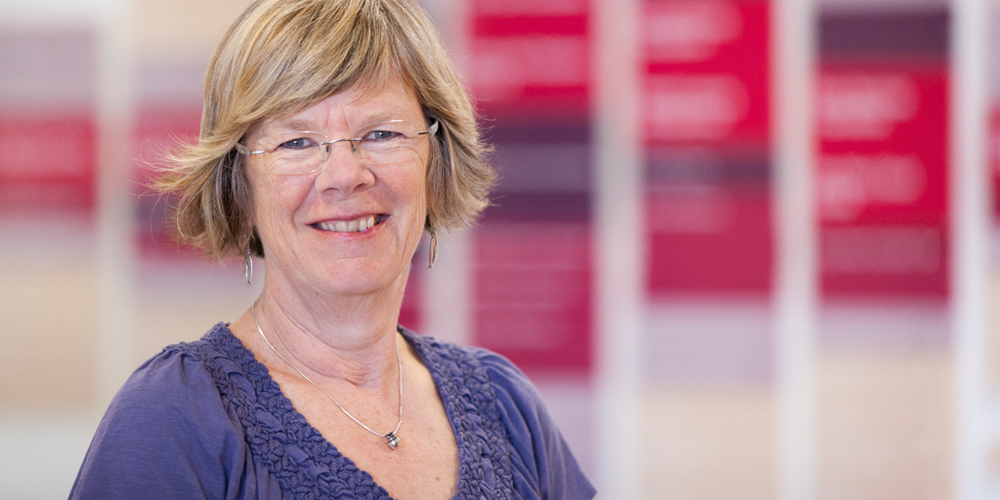
Tolerance for female genital cutting (FGC) has decreased significantly among members of Melbourne East-African communities for whom the practice was culturally traditional, a new study has found.
However the study also found women and girls in inner city Melbourne who had experienced FGC felt stigmatized and that they were not always listened to by health professionals.
Lead researcher Dr Cathy Vaughan said there were approximately 35,000 people living in Victoria born in one of the 29 countries where FGC was traditionally practised. In the North Yarra area where the study was conducted (which includes Carlton, Collingwood and Fitzroy) there were sizeable communities from countries where FGC was prevalent, including Eritrea, Ethiopia, Somalia and Sudan.
The study — Listening to North Yarra communities about female genital cutting — was conducted in partnership with the Royal Women’s Hospital and cohealth (formerly North Yarra Community Health).
Female genital cutting involves the partial or total removal of the external female genitals for non-medical reasons. There are no health benefits and there may be long-lasting physical and mental health issues for women and girls affected.
The study also found that though there was increasing knowledge about FGC among health professionals, women experienced inconsistency of care during childbirth, with many women reporting they felt carers were not listening to them.
Report author Dr Cathy Vaughan, from the University of Melbourne School of Population and Global Health, said several issues were identified.
“Women reported a lack of communication from health professionals about certain interventions during birth, and described feeling they were being viewed as different or foreign because they were circumcised,” she said.
“Women also detailed the distress caused when health workers saw their bodies as ‘shocking’ and something that should be put ‘on show’ to colleagues."
Among the recommendations of the report are:
- Community-led change needs to be recognised, and built upon
- Public discussion of FGC should reflect the complexity and diversity of issues involved
- The importance of community workers is vital and needs to be acknowledged
- FGC is only one of the challenges women face during and after resettlement
- There is a clear need for improved communication between women affected by FGC and health professionals
Dr Vaughan said although FGC was now illegal in Victoria, its role in cultural identify formation and cohesion should be acknowledged and respected, and the loaded term “mutilation” avoided.
“Families absolutely do not feel they have engaged in mutilation,” she said, “but rather that FGC is related to status and marriageability of women, and raising daughters well to fully belong to the community.
“There seems to be growing awareness around the risks involved, however, and our study found the practice is drastically decreasing."
The research didn't uncover any evidence of FGC occurring among the community groups who participated in the study.
"Given the very high prevalence of FGC in countries of origin for most of the participants in the study, this suggests an immense change has taken place within, and been led by, these communities,” Professor Vaughan said.
“Factors supporting this change include education about the physical and mental health consequences of FGC, increased awareness in communities that there is no religious obligation for FGC, awareness that FGC is illegal in Australia, and changing gender relations within communities.”
Dr Chris Bayly, co-author from the Women's, said in response to requests from affected communities the Women’s had started a nurse-led outpatient clinic for women needing minor surgery to treat consequences of FGC, but said the study shows more needs to be done in educating health professionals across the system to listen to women’s concerns.
Louise Sadler, Health Promotion Team Leader at cohealth, said the study highlighted the important role played by community outreach workers, and noted that findings suggest the information and health care needs of girls and younger women who have had FGC prior to arrival in Australia warrant particular focus.